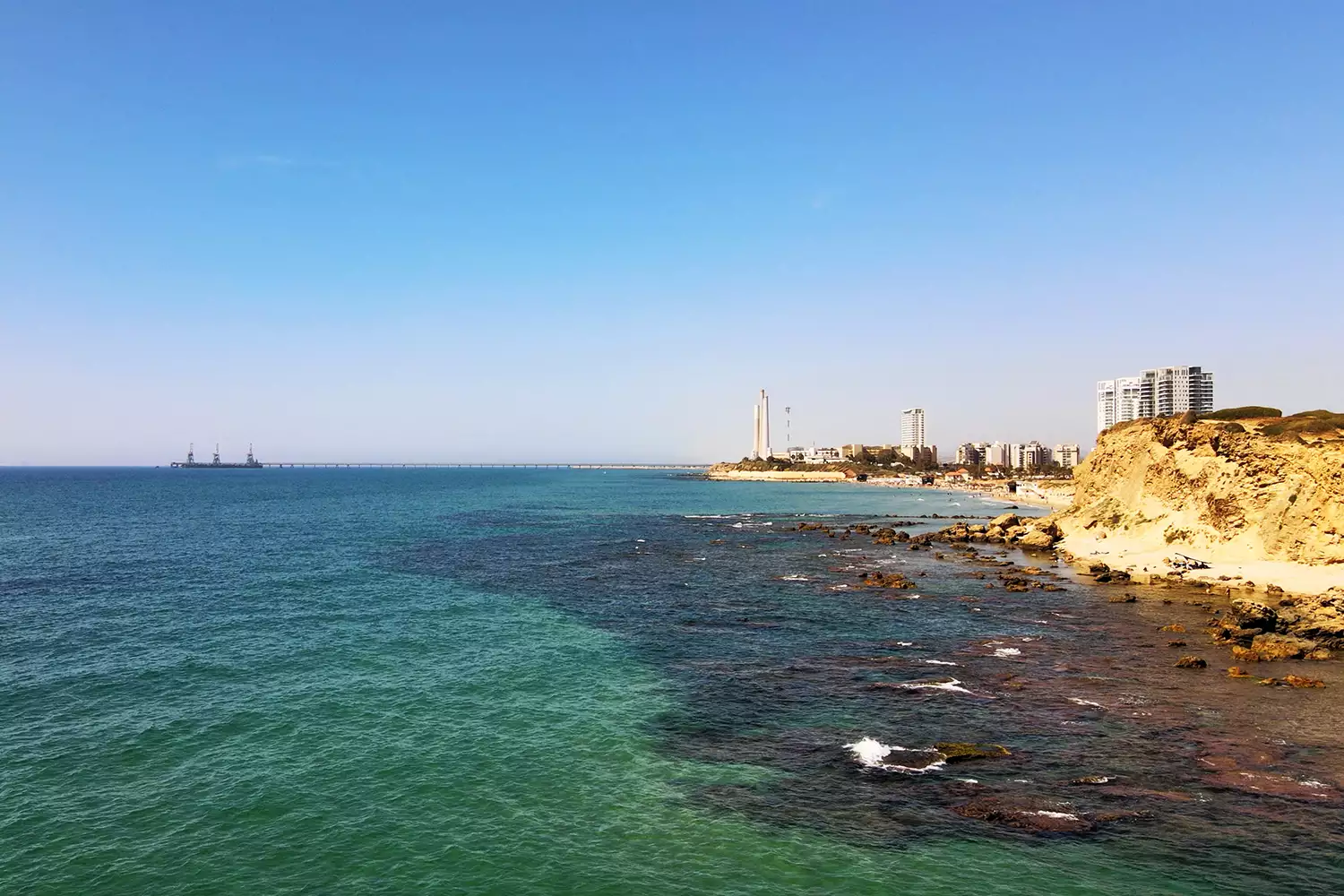Rare Shark Attack on Israeli Coast: How the Story Broke on ynet and Beyond
A shocking event unfolded off the coast of Hadera, Israel, when a rare shark attack left a local swimmer missing. This incident was swiftly covered by major news outlets like ynet, bringing national attention to the dangers and complexity of human-shark interactions along the Mediterranean. Below, we break down how ynet and other leading platforms reported the story, what experts advise, and what it means for beachgoers in Israel.

The Rare Shark Attack: What Happened?
On April 21, 2025, eyewitnesses near Hadera beach reported a man missing after a rare shark attack. This area is known for its seasonal gatherings of dusky and sandbar sharks, which typically avoid humans. According to People Magazine’s report, which cites local outlet ynet, the swimmer was last seen entering the water to observe the sharks. Moments later, panic erupted as blood and screams were noticed by people nearby.
Ynet’s prompt updates spurred immediate public safety warnings, highlighting the urgent nature of the situation and the rarity of shark attacks in Israeli waters. In fact, this marks only the fourth documented shark attack since Israel's founding.
Search and Aftermath: ynet and International Coverage
Emergency teams quickly launched a massive search operation, with local police and marine units working closely together. The local municipality issued statements urging people to avoid the area and follow all safety instructions, as reported through both ynet and international media. Two days later, CBS News confirmed that human remains matching the missing man were recovered, providing closure yet stirring further debate on safe beach practices.
Experts quoted by ynet and other outlets emphasized that these sharks, although large and potentially dangerous, rarely attack unless provoked or crowded. Videos published in recent days showed sharks moving calmly among swimmers—yet conservationists repeatedly warned against getting too close. This advice, unfortunately, went unheeded by some beachgoers.
Why Sharks Gather at Hadera and Public Safety Warnings
The Hadera coastline is unique. The nearby Orot Rabin power plant releases warm water into the sea, attracting dozens of sharks each year between October and May. This phenomenon draws crowds eager to witness the sharks up close. AP News and ynet both highlight how these encounters sometimes result in risky behavior, such as people feeding or even touching the sharks.
Ynet coverage and environmental groups have called for better regulation, like setting up dedicated viewing areas. Keeping humans and wild animals safely separated is key for the safety of both.
Lessons Learned: How to Stay Safe
Following the incident, ynet and nature authorities remind the public:
- Never enter the water when sharks are present.
- Observe warning signs and restricted area notices.
- Avoid interacting with or feeding wild animals.
- Respect expert guidelines and conservation efforts.
As emphasized by environmental groups and ynet itself, protecting both people and sharks demands responsibility and respect for the wild.
Conclusion
The tragic event off Hadera's coast is a sobering reminder of the unpredictable nature of wild encounters. Ynet’s comprehensive and timely coverage, along with updates from CBS News and AP News, has kept the public informed and aware of the risks. By respecting beach safety measures and learning from these incidents, we can ensure safer interactions for all who share Israel’s beautiful shores.